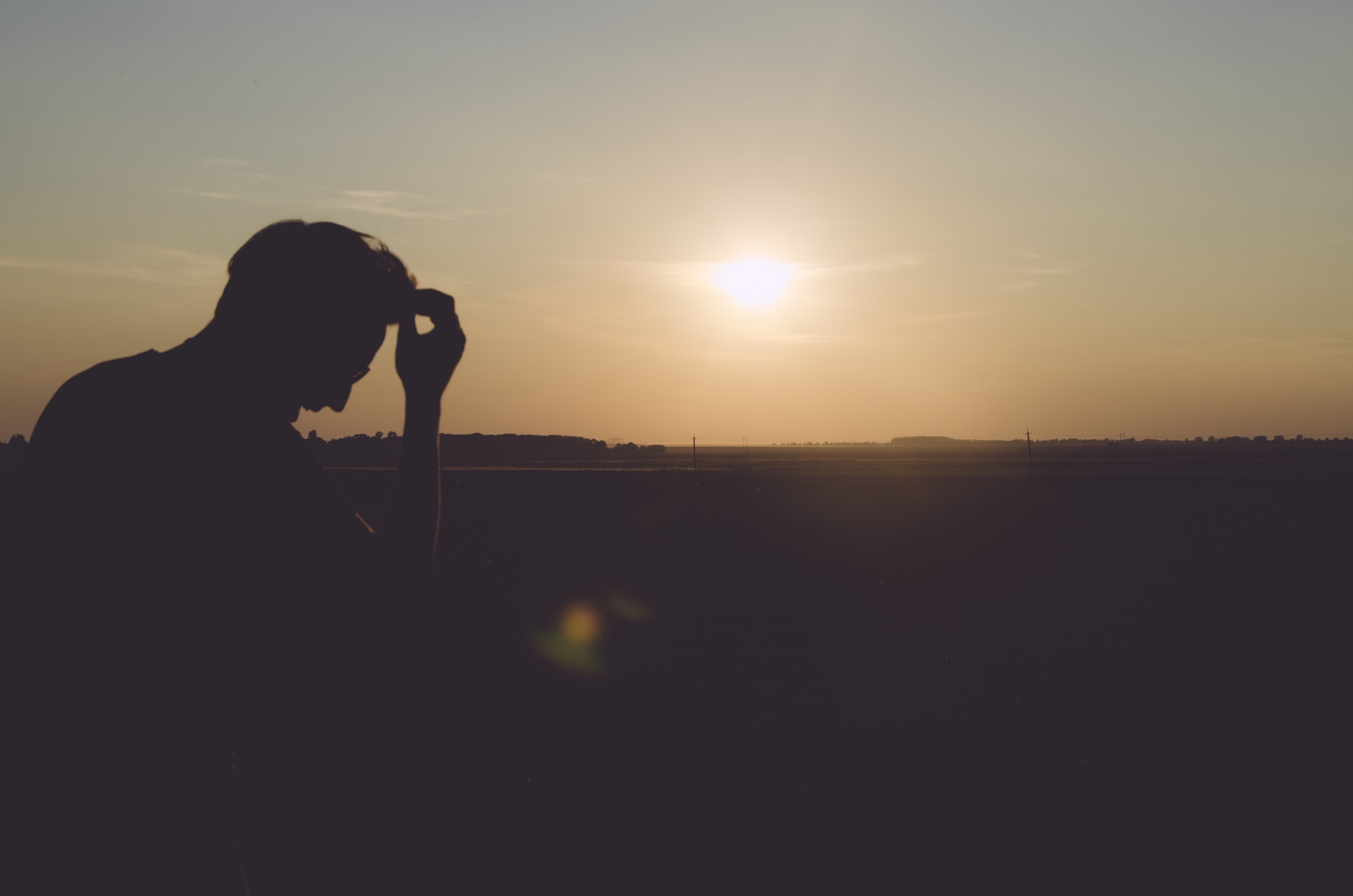
Micah 1:8 KJV
Therefore I will wail and howl,
I will go stripped and naked:
I will make a wailing like the dragons,
and mourning as the owls (Hebrew: daughters of the owl).
In other words:
Because of what God has said, I will cry aloud. And I will weep. I will walk about without shoes or clothes. I will scream like a wild dog, and I will cry like a bird in the night.
Therefore I will wail
The prophet first shows how the coming judgment affects himself, in order that he might affect the minds of his countrymen similarly.
Stripped
That is, without shoes, or without sandals, as the Septuagint translates.
Otherwise “naked” would be a tautology.
Naked
Naked means without wearing the upper garment (Isaiah 20:2).
Going “naked and barefoot” is the sign of mourning (2 Samuel 15:30).
The prophet’s upper garment was usually rough and coarse-haired (2 Kings 1:8, Zechariah 13:4).
Like the dragons
The Hebrew word used here is an intensive from the same as in Jona the word “whale” was translated.
Today we would probably say like “the wild dogs”, jackals or wolves, which wail like an infant when in distress or alone.
Owl
Rather, “ostriches,” which give a shrill and long-drawn, sigh-like cry, especially at night.
The Hebrew points to an unclean bird, like an owl, or an ostrich.
Literally it translates to “daughters of the owl”.
Perhaps it is pointing to an extinct bird. The exact meaning is unknown
We recently read of a very moving announcement of judgment about Samaria, the capital of the northern ten-tribe kingdom. The still thriving city will be completely destroyed. Nothing but a ruin will remain. And that because of her many sins.
The prophet especially thinks of idolatry, which he further characterizes as spiritual adultery.
Micah by no means announces this judgment impassively, or unmoved.
On the contrary, his heart flinches and he exclaims: “For this I will cry; I will go naked and barefoot “.
This is a sign of mourning, and of the immense sorrow that fills his heart.
This is a characteristic of all true prophets.
Above all for Him, Who is our supreme Prophet.
The Christ really wept over Jerusalem, when He saw how the clouds of judgment were gathering over the holy city.
And … He weeps over you too, if you still live without Him.
In indifference, in self-maintenance, or in self-willed religion.
Those tears may break your heart. And I really hope that they will bring you to the same confession the prodigal son did: “I will rise and go to my Father …”!
Micah not only proclaims judgment, he also portrays it.
First he proclaimed the judgment on Samaria. The Samaritans were a brotherly people, yet still far away.
Now the calamity is rapidly approaching. It is at the gates of Jerusalem (Micah 1:9).
The Assyrians have indeed come under Sennacherib and besieged Jerusalem in Hezekiah’s day. They only wanted one thing. Plunder Jerusalem and strip it naked.
It seems as if Micah portrays Jerusalem in his person when he walks robbed and naked in the street, drawing the horrified attention of his hearers.
Thus it is impressed upon us how deeply the judgment of God goes.
But at the same time there is also the surprise.
The prophet himself suffers from the judgment, which he must say. Hear how he complains, cries and makes you miserable.
In it, Micah portrays the great Prophet Jesus Christ, who also raised a complaint about Jerusalem, but He Himself bore the judgment: robbed of his clothes, naked on the cross. And that for our salvation.
× 0 ×
Internet: http://harryschoemaker.nl
Website: https://devotionals.harryschoemaker.nl
Facebook: https://www.facebook.com/worldwide.ekklesia/





